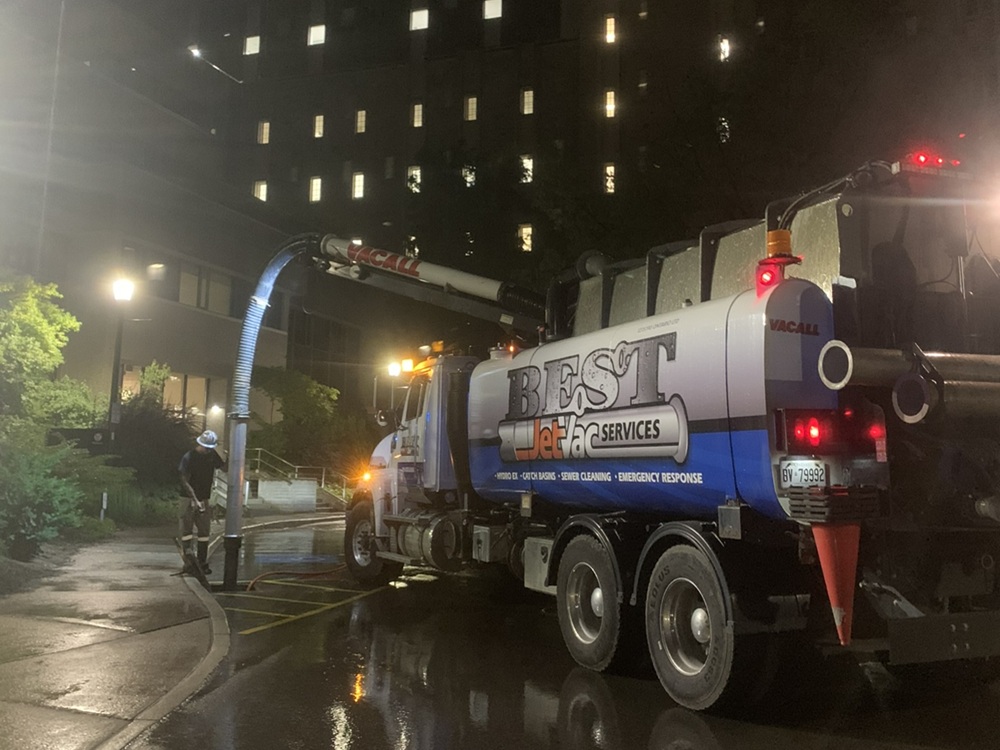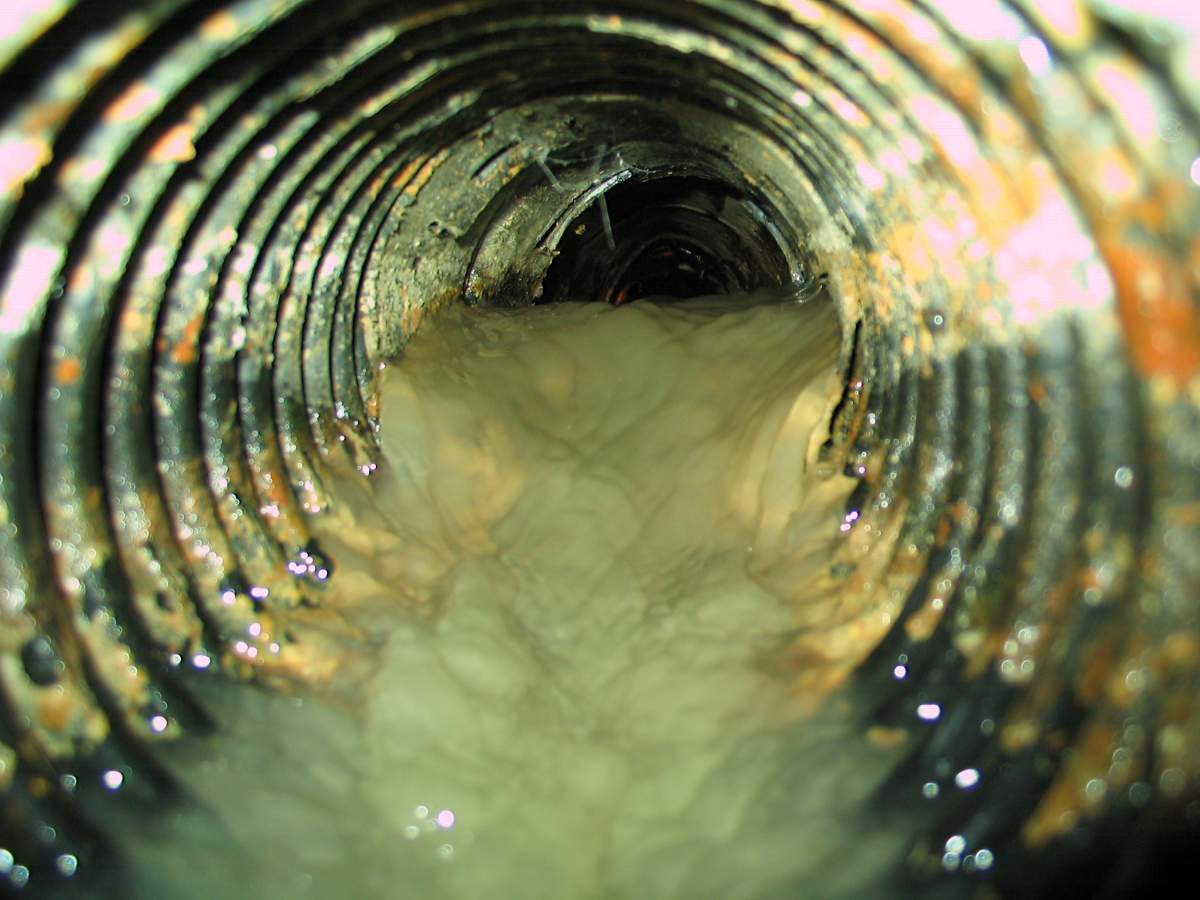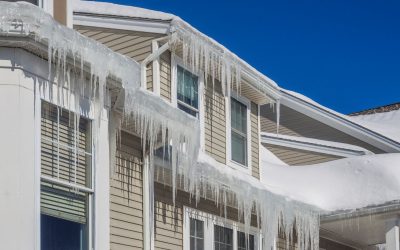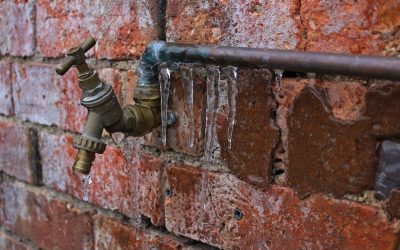Why is my basement drain backing up during heavy rain?
A basement drain backup can be devastating for homeowners. Basements are a valuable feature in nearly every home, providing additional living space, storage, and functionality. Unfortunately, they are also particularly vulnerable to flooding and plumbing issues, especially during heavy rainfalls. One of the most frustrating problems homeowners encounter is a basement drain backup. This issue can cause property damage, disrupt daily life, and lead to costly repairs. In this article, we’ll explore the common causes of basement drain backups and explain how professional plumbing services can help prevent and resolve them.
Understanding how basement plumbing works
Before diving into the reasons for basement drain backups, it’s important to understand how basement plumbing works. Most homes are connected to a municipal sewer system through a main sewer line. This main line typically runs beneath the basement floor and carries wastewater from sinks, toilets, showers, and other fixtures away from the house.
The plumbing system includes several components designed to prevent issues:
Traps: These are U-shaped sections of pipe under sinks and other fixtures that prevent sewer gases from entering the home.
Cleanout plugs: These provide access points for drain cleaning, inspections, and maintenance. Proper installation and regular maintenance of cleanouts are critical for a well-functioning drainage system.
Slope and grading: Pipes need to be correctly sloped to allow gravity to move wastewater efficiently toward the main sewer line. Improper installation or gradual settling over time can disrupt the slope, causing slow drainage or backups.
Understanding these elements helps homeowners recognize when something isn’t functioning properly and why backups may occur during heavy rain.
Common causes of basement drain backups
1. Clogged or damaged sewer lines
One of the most common reasons for basement drain backups is a clogged or damaged sewer line. Several factors can contribute to this problem:
Tree root intrusion: Roots naturally seek out moisture, and older or damaged sewer pipes can provide easy access. Roots can grow inside the pipe, blocking water flow and causing backups.
Corrosion and aging pipes: Over time, sewer pipes made from clay, cast iron, or other materials can deteriorate, crack, or collapse, restricting water flow.
Debris buildup: Everyday household waste, grease, and foreign objects can accumulate in sewer lines, creating clogs that prevent wastewater from flowing properly.
When the sewer line is blocked, water and waste cannot leave the basement efficiently, leading to flooding and damage.
2. Overwhelmed municipal sewer systems
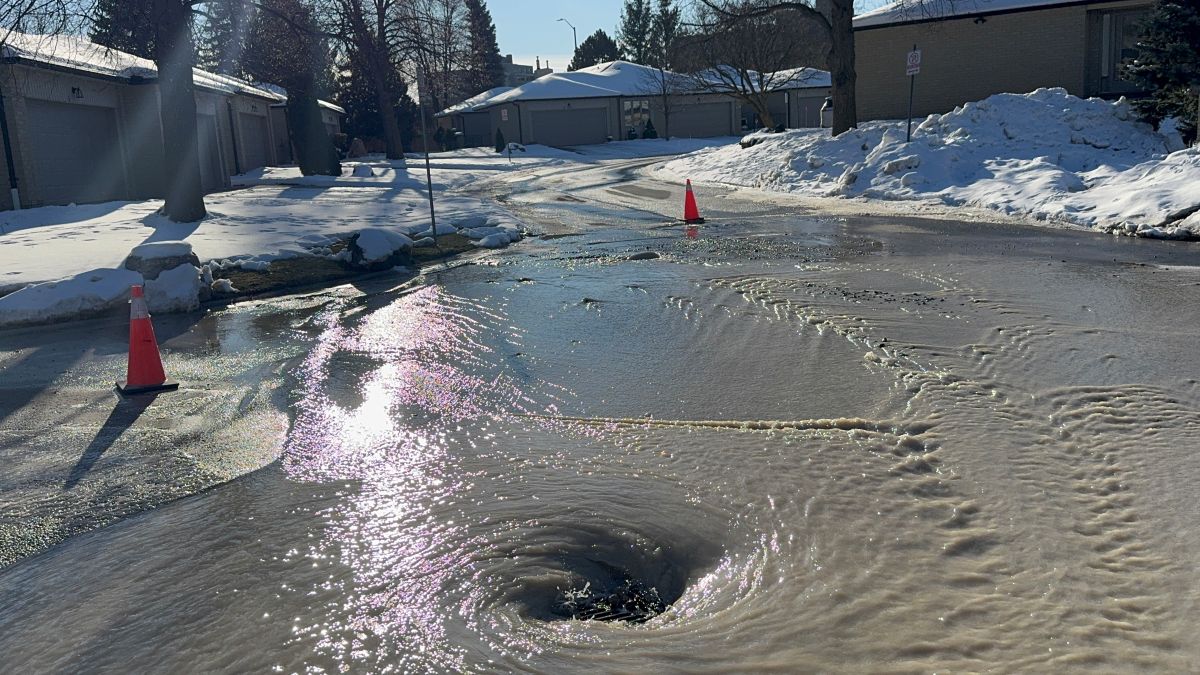 Another frequent cause of basement drain backups is a municipal sewer system that is unable to handle excess water during heavy rainfall. This problem is especially common in older cities, like London, ON, which have aging infrastructure and high-density housing.
Another frequent cause of basement drain backups is a municipal sewer system that is unable to handle excess water during heavy rainfall. This problem is especially common in older cities, like London, ON, which have aging infrastructure and high-density housing.
During intense storms, the volume of water entering the sewer system increases significantly. When the system cannot cope with the influx, wastewater can back up into homes, affecting basement drains, toilets, and sinks. In severe cases, raw sewage may even enter the home, posing health risks and requiring professional cleanup.
This is why it’s essential to consider both your home’s plumbing system and the capacity of your local sewer infrastructure when addressing drainage issues.
3. Improper installation or maintenance
Improper plumbing installation or lack of maintenance can also lead to basement drain backups. Common issues include:
Incorrectly installed cleanout plugs, which may allow water to seep into the basement during heavy rain.
Pipes that are not properly sloped, causing water to pool and back up.
Blocked vents that prevent air from moving freely through the plumbing system, leading to slow drainage and backups.
Regular inspections and maintenance by professional plumbers are essential to ensure your basement drainage system is functioning correctly.
How to prevent and address basement drain backups
If you’re experiencing basement drain backups, taking action quickly is crucial. Ignoring the problem can lead to structural damage, mold growth, and costly repairs.
1. Professional sewer line cleaning
One of the most effective solutions is high-pressure sewer line cleaning. This technique, offered by BEST Plumbing & Drainage Contractors in London, ON, involves using specialized equipment to blast water at high pressure through the sewer line. The result is a thorough removal of clogs, debris, and buildup, restoring the flow of wastewater and preventing backups.
2. Drain snaking and hydro jetting
For stubborn clogs, drain snaking is a common solution. A plumber inserts a flexible auger (or snake) into the drain to break up and remove blockages. Hydro jetting is another advanced method, using pressurized water to scour the interior of the pipes, removing grease, scale, and debris that traditional methods cannot.
3. Video camera inspections
Modern plumbing services also offer video camera inspections, which allow technicians to visually assess the interior of your pipes. This helps identify blockages, tree root intrusions, cracks, and other damage that could cause future backups.
4. Sewer line repairs and maintenance
If a sewer line is damaged or severely clogged, professional repair or replacement may be necessary. Regular maintenance, including routine inspections and drain cleaning, can prevent small issues from becoming major problems. BEST Plumbing & Drainage Contractors offers comprehensive solutions, from routine maintenance to emergency sewer line repairs.
5. Homeowner preventative steps
While professional services are crucial, homeowners can take proactive steps to reduce the risk of basement drain backups:
Avoid flushing grease, wipes, or foreign objects down drains. Read “17 Things You Should Never Flush Down Your Toilet“.
Maintain gutters and downspouts to reduce excessive water entering the sewer system.
Inspect your home’s plumbing system annually for signs of damage or slow drainage.
Consider installing a backwater valve, which prevents sewage from flowing back into the basement during heavy rain.
Why choose BEST Plumbing & Drainage Contractors
When it comes to protecting your home from basement drain backups, professional expertise matters. BEST Plumbing & Drainage Contractors in London, ON, has over 50 years of experience in drain cleaning, sewer line maintenance, and emergency plumbing services. Our team uses state-of-the-art equipment, including hydro jetting and video camera inspections, to diagnose and resolve plumbing issues efficiently.
We understand the urgency of basement flooding and drain backups, and we provide fast, reliable solutions that minimize damage and restore your home’s plumbing system to optimal condition.
Conclusion
Basement drain backups during heavy rain can be stressful and costly, but they don’t have to be unavoidable. By understanding the common causes—clogged or damaged sewer lines, overwhelmed municipal sewers, and improper plumbing installation—you can take steps to protect your home.
Professional services, such as high-pressure sewer cleaning, drain snaking, hydro jetting, and video inspections, are essential for preventing recurring problems. Regular maintenance and timely repairs ensure your basement remains dry and your plumbing system functions properly.
If you’re experiencing basement drain backups or other plumbing issues, don’t wait. Contact BEST Plumbing & Drainage Contractors at (519) 438-6565 or request a quote online. Our experienced team in London, ON, is ready to provide fast, professional service and keep your home safe from flooding and water damage.




